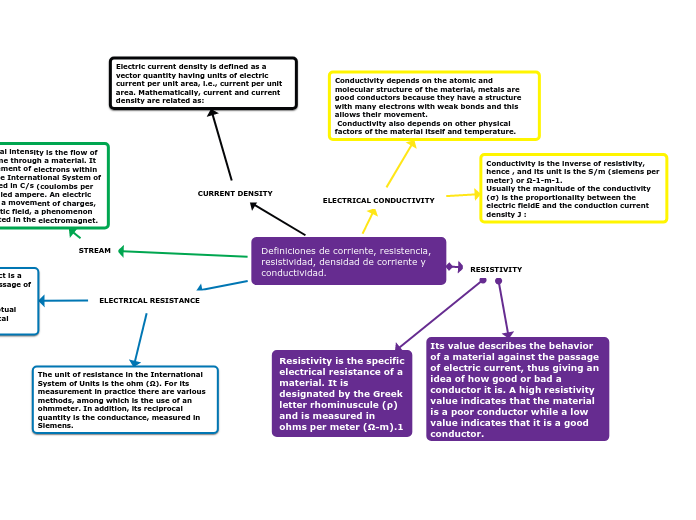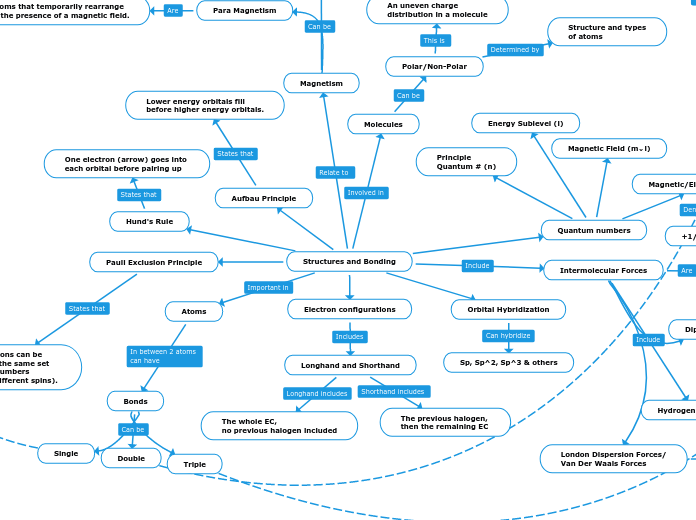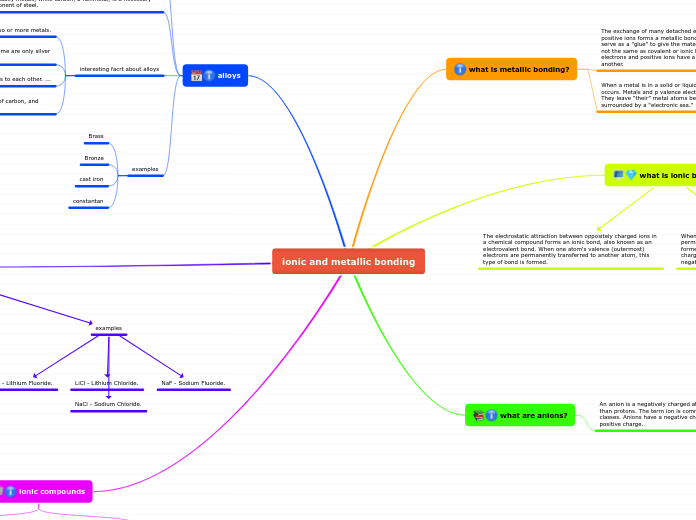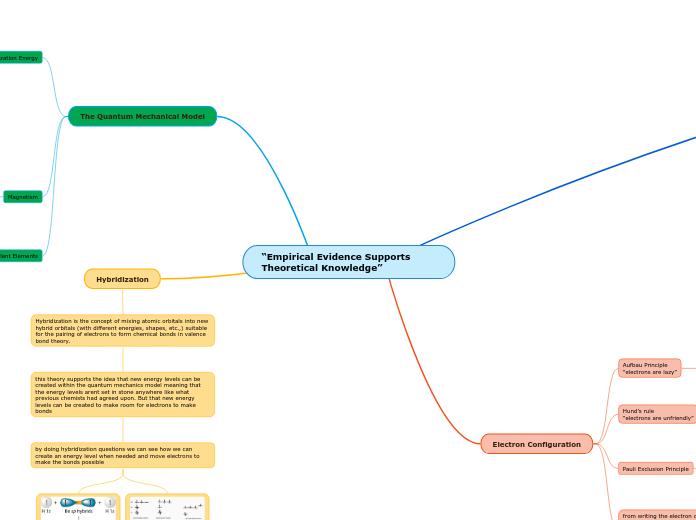af SAENZ MONTELONGO KEVIN DARIEL Sistemas 3 år siden
306
Definiciones de corriente, resistencia, resistividad, densidad de corriente y conductividad.
Resistivity is the measure of a material's specific electrical resistance, represented by the Greek letter rho and measured in ohms per meter. It indicates how well a material can conduct electricity, with higher resistivity values signifying poor conductivity and lower values indicating good conductivity.









